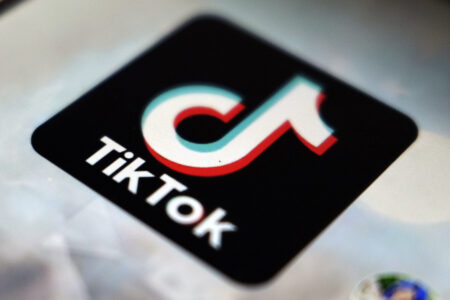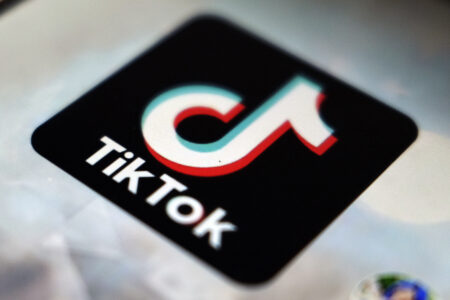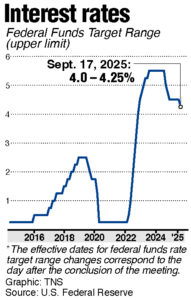Google faces antitrust déjà vu
After deflecting the U.S. Justice Department’s attack on its illegal monopoly in online search, Google is facing another attempt to dismantle its internet empire in a trial focused on its abusive tactics in digital advertising.
The trial that opened Monday in an Alexandria, Virginia, federal court revolves around the harmful conduct that resulted in U.S. District Judge Leonie Brinkema declaring parts of Google’s digital advertising technology to be an illegal monopoly. The judge found that Google has been engaging in behavior that stifles competition to the detriment of online publishers that depend on the system for revenue.
Google and the Justice Department will spend the next two weeks in court presenting evidence in a “remedy” trial that will culminate in Brinkema issuing a ruling on how to restore fair market conditions.
“The purpose of a remedy is doing what is necessary to restore competition,” said Julia Tarver Wood as part of Monday’s opening statement for the Justice Department’s antitrust division.
Wood asserted Google is manipulating the market in a way that is antithetical to free market competition.
“The means to cheat are buried in computer codes and algorithms,” Wood said.
An attorney for Google, Karen Dunn, countered that the remedy proposed by the government is reckless and radical, and that the government is attempting to remove Google entirely from the competition.
No matter how the judge rules, Google says it will appeal the earlier decision labeling the ad network as a monopoly. Appeals can’t be filed until the remedy is determined.
The case, filed in 2023 under President Joe Biden’s administration, threatens the complex network that Google has spent the past 17 years building to power its dominant digital advertising business. Besides accounting for most of the $305 billion in revenue that Google’s services division generates for its corporate parent Alphabet Inc., digital advertising sales provide the lifeblood that keeps thousands of websites alive.





